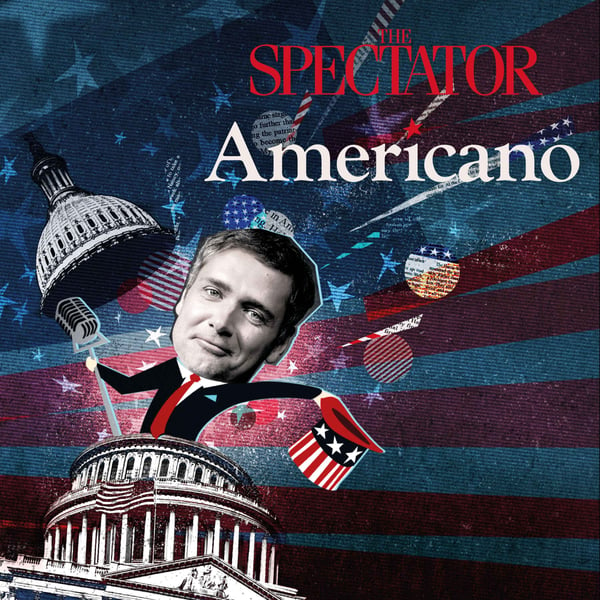What went so wrong with polling in 2016?
Americano
The Spectator
4 • 714 Ratings
🗓️ 19 December 2016
⏱️ 12 minutes
🧾️ Download transcript
Summary
With Marcus Roberts. Presented by Freddy Gray.
Transcript
Click on a timestamp to play from that location
| 0:00.0 | Hello and welcome to The Spectator's Americano podcast, a special series of discussions about the biggest political event of this year, the 2016 US presidential election. My name is Freddie Gray and I'm Deputy Editor of the Spectator. Today I'm joined here at The Spectator by Marcus Roberts, who is International Project Director for YouGov. |
| 0:23.6 | And Marcus spoke to us a few times before the American election and rather promised that he would eat his hat if Donald Trump won. |
| 0:34.3 | And so Marcus, here you go, a belly full of hat. |
| 0:41.3 | What do you think went wrong? Why did you get it wrong? Back when I worked for the Democratic National Committee in the 2000s, I actually was given by one of my bosses a Democratic donkey baseball cap. |
| 0:50.3 | And I got it out the other day to try to bring it in to eat it. I munched it once and discovered that it was a little too tough even for my tastes. |
| 0:57.6 | What did we get wrong? |
| 0:59.1 | We got wrong and we being the polling industry as a whole, the idea that white working class males in suburban and ex-urban areas of the Rust Belt wouldn't vote in super numbers and wouldn't |
| 1:14.9 | break for Trump by decided margins. We got wrong that the early vote patterns that we had seen |
| 1:21.6 | develop over 2004, 2008, 2012 would stay roughly within the norms and that would constitute a greater share of the |
| 1:31.6 | overall electorate come the final result of the election than they actually proved to be. So a lot of |
| 1:38.1 | my confidence in Hillary Clinton vote that we talked about a lot was based on those raw vote tallies. What happened on election |
| 1:45.9 | day was just this wave, this wave of a lot of white working class males who often don't turn |
| 1:52.3 | up to the polls, turning up to the polls and breaking Trump in a big way. But you knew, I mean, |
| 1:56.8 | you always said you knew that there was this sort of possible hidden factor of the |
| 2:01.0 | non-voting white working class males. But presumably, I mean, they would never have been |
| 2:06.4 | early voters. So it should have been possible to tell that the early voting pattern wouldn't |
| 2:10.4 | have that ingredient in it. Yes, that's absolutely fair. And I think this speaks to one of the |
| 2:17.1 | biases that all of us involved |
| 2:19.5 | in politics after 2016 really need to be honest about an address, which is when we can't |
| 2:25.0 | imagine an unthinkable event, when we look at the data, we tend to find ways of seeing the |
| 2:32.6 | paths to the thinkable rather than the unthinkable. Now, in my small defense, |
| 2:37.3 | I think the very last thing I said to you was that if Trump were to win, he would have to win by |
... |
Please login to see the full transcript.
Disclaimer: The podcast and artwork embedded on this page are from The Spectator, and are the property of its owner and not affiliated with or endorsed by Tapesearch.
Generated transcripts are the property of The Spectator and are distributed freely under the Fair Use doctrine. Transcripts generated by Tapesearch are not guaranteed to be accurate.
Copyright © Tapesearch 2025.

